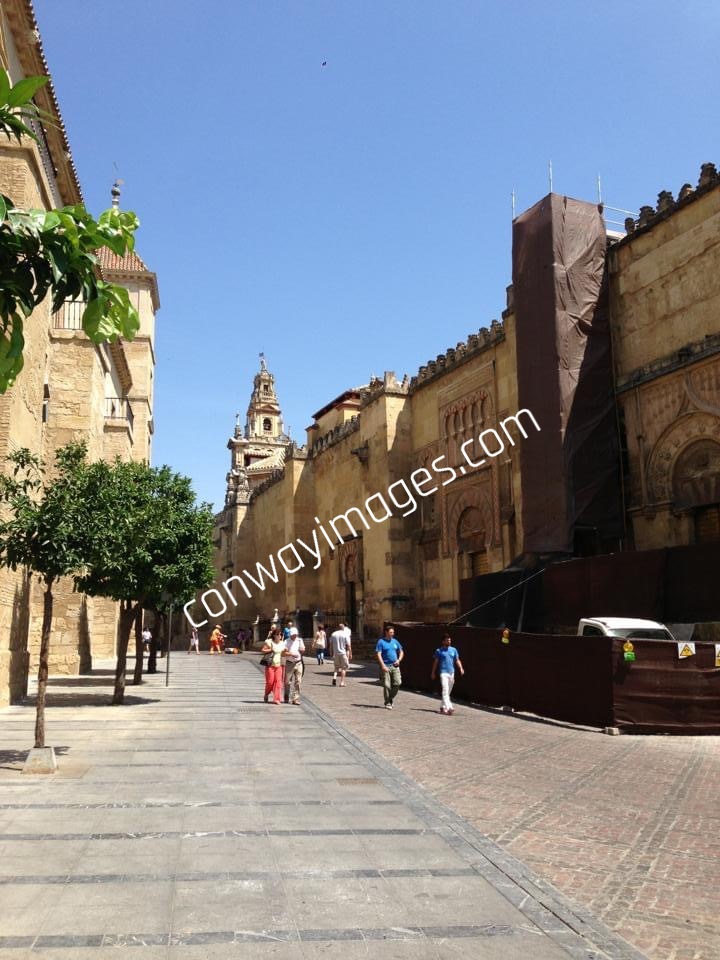
Architectural Splendor and Design of Mosques
Let us talk about The Beauty and Cultural Significance of Mosques
Mosques are renowned for their stunning architectural designs that vary widely across different cultures and regions. From the grand domes and towering minarets to the intricate geometric patterns and calligraphy, each mosque presents a unique blend of artistry and spirituality.
The Great Mosque of Córdoba in Spain, with its famous horseshoe arches, and the Blue Mosque in Istanbul, with its cascading domes and minarets, exemplify the diversity and beauty found in mosque architecture. The design elements not only reflect aesthetic values but also embody deep religious symbolism and historical significance.
Social and Cultural Significance of Mosques
Beyond their primary function as places of worship, mosques serve as vital community centers where social, educational, and charitable activities take place. They often house libraries, schools, and meeting spaces, becoming hubs of learning and community interaction.
In many Islamic cultures, the mosque plays a central role in daily life, facilitating various social services and fostering a sense of unity and support among community members. This multifaceted role highlights the mosque’s importance in promoting social cohesion and cultural continuity.
Mosques in the Modern World
In the contemporary era, mosques continue to evolve in both form and function, adapting to the needs of modern Muslim communities around the world. Modern mosques often incorporate advanced technology and sustainable design practices, such as energy-efficient lighting and green building materials.
Additionally, many mosques are increasingly engaging in interfaith dialogue and community outreach, promoting understanding and cooperation among diverse religious and cultural groups.
This evolution underscores the mosque’s enduring relevance and its ability to meet the changing demands of the times while staying true to its spiritual roots.
Mosques are places of worship for Muslims, serving as centers for spiritual, educational, and communal activities. Architecturally, they are often characterized by domes, minarets, and prayer halls, with the mihrab indicating the direction of Mecca for prayers.
Historically, mosques have played a crucial role in the social and political life of Muslim communities, from the early Islamic period to the present. They host the five daily prayers, Friday congregational prayers, and other significant religious events.
Besides religious functions, mosques often provide educational services, social support, and community gatherings, making them integral to Muslim life and culture.
